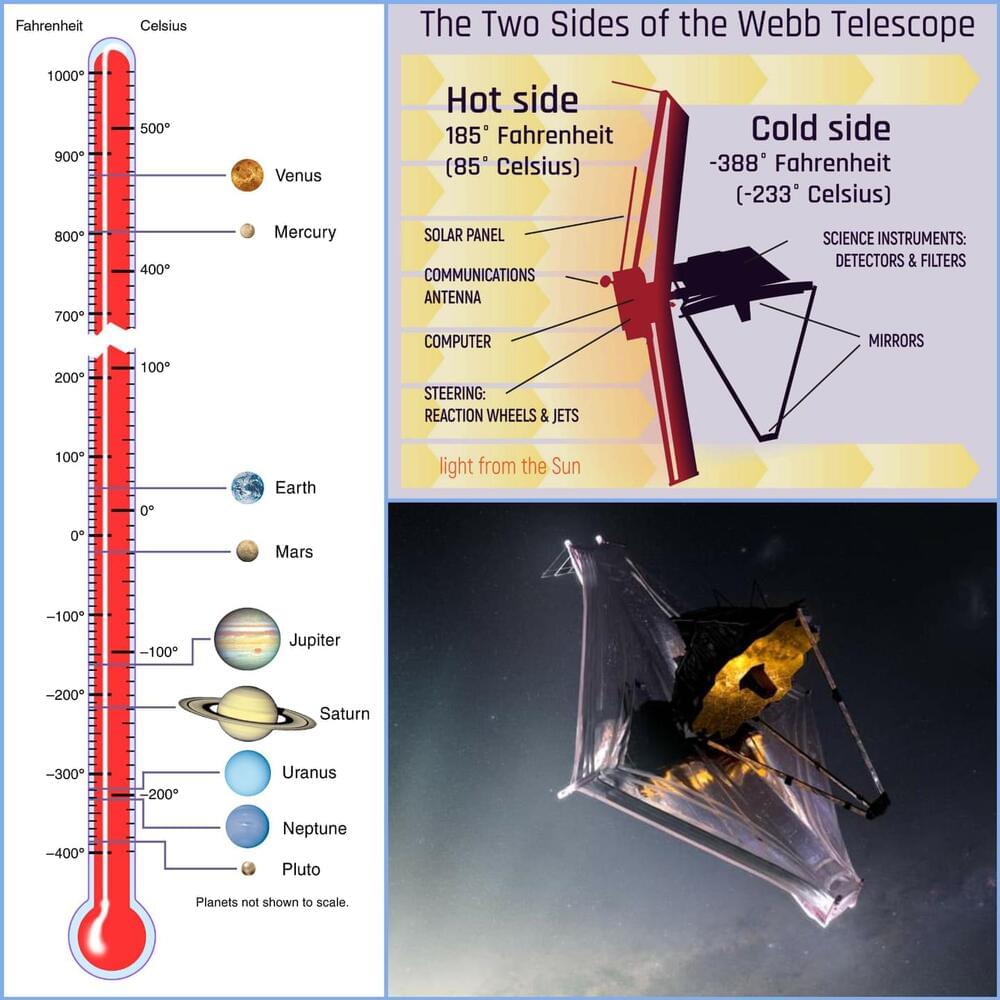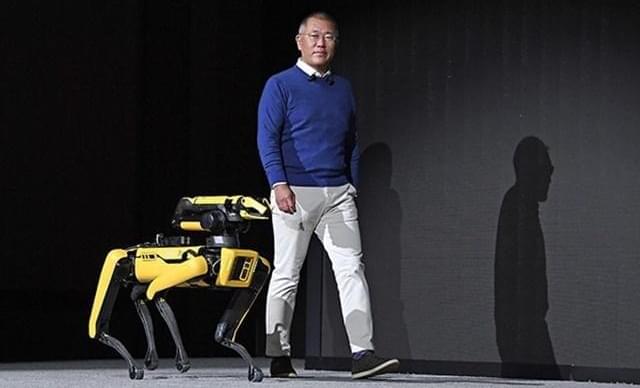
About a decade ago, MIT researchers discovered a technique that speeds physics modeling by 1000X. They spun this out into a new company, called Akselos, which has been helping enterprises to weave the tech into various kinds of digital twins used to improve shipping, refining, and wind power generation.
A digital twin is a virtual representation of an object or system that spans its lifecycle, is updated from real-time data, and uses simulation, machine learning, and reasoning to help decision-making. Connected sensors on the physical asset collect data that can be mapped onto the virtual model.
The specific innovation improves the performance of finite element analysis (FEA) algorithms which underpin most types of physics simulations. Akselos experience over the last decade can help executives explore the implications of the million-fold improvements in physics simulation that Nvidia is now demonstrating thanks to improvement in hardware, scalability, and new algorithms.









